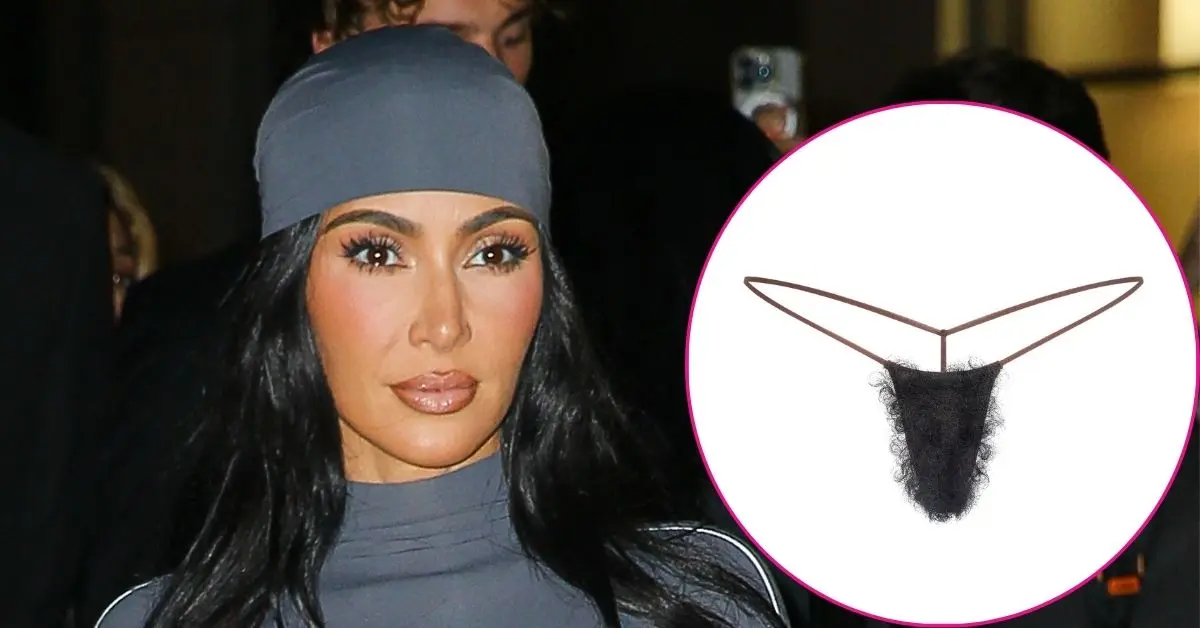The saga of ownership began in 2019 when Scooter Braun purchased her former record label, Big Machine, along with the rights to Swift's earlier music. The singer voiced her emotional struggles against Braun at the time, directly linking her animosity towards him to her feud with Kanye West. After years of uncertainty, Swift expressed that reclaiming her music ownership felt like a dream come true.
Swift explained that owning her masters offers her control over her music's future distribution and licensing, which is crucial for her artistic freedom. Although she has started re-recording her albums—known as "Taylor's Versions"—the process wasn’t without challenges. In her recent update, she hinted at delays in completing the re-recording of her critically-acclaimed album, ‘Reputation,’ which tackles themes from her personal life.
In gratitude for her fans' unwavering support throughout the challenging times, Swift reaffirmed her commitment to her art and her desire to license her original recordings comprehensively. Despite the high-profile sale of her catalog in the past, which was initially valued at $300 million, Swift's financial gains from music royalties and touring have led her to this pivotal ownership stake, reportedly in the millions.
As this news unfolds, Swift's journey highlights broader conversations about artists' rights and ownership in the music industry, inspiring many aspiring creators to prioritize control over their work.
Swift explained that owning her masters offers her control over her music's future distribution and licensing, which is crucial for her artistic freedom. Although she has started re-recording her albums—known as "Taylor's Versions"—the process wasn’t without challenges. In her recent update, she hinted at delays in completing the re-recording of her critically-acclaimed album, ‘Reputation,’ which tackles themes from her personal life.
In gratitude for her fans' unwavering support throughout the challenging times, Swift reaffirmed her commitment to her art and her desire to license her original recordings comprehensively. Despite the high-profile sale of her catalog in the past, which was initially valued at $300 million, Swift's financial gains from music royalties and touring have led her to this pivotal ownership stake, reportedly in the millions.
As this news unfolds, Swift's journey highlights broader conversations about artists' rights and ownership in the music industry, inspiring many aspiring creators to prioritize control over their work.






















